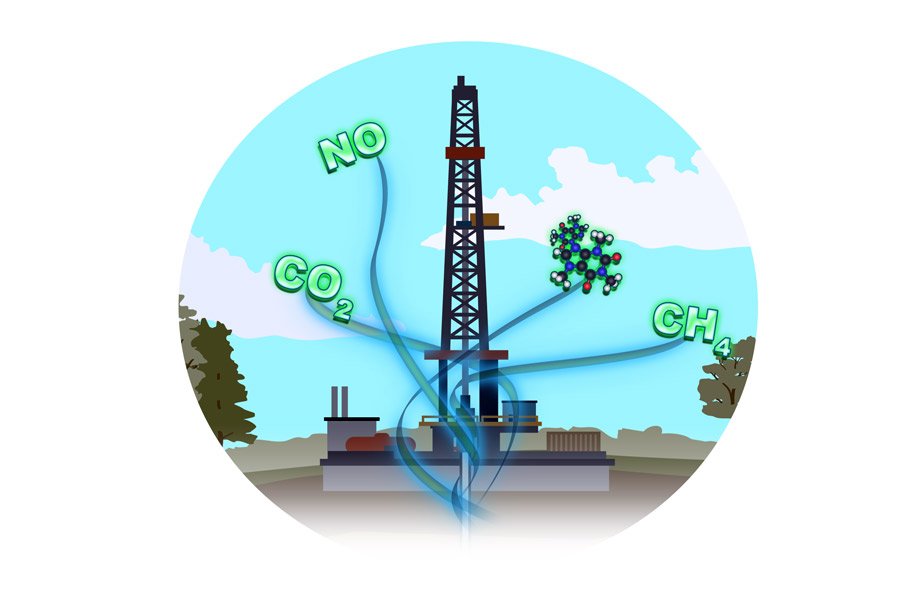Going Supercritical

EPRI Investigates Advanced Power Cycle to Reduce Greenhouse Gas Emissions from Coal Generation
An advanced power cycle potentially offers cost-competitive coal-fired generation with near-zero greenhouse gas emissions without reducing overall power output, according to an EPRI modeling study.
In conventional integrated-gasification–combined-cycle (IGCC) power plants, coal is partially combusted to produce a synthetic gas, which is then used by combined-cycle units to generate electricity—a process that releases carbon dioxide (CO2) to the atmosphere. EPRI researchers modeled the performance and economics of a modified version of this plant: The combined-cycle units were replaced with closed Brayton power cycle units, in which CO2 leaving the turbine is cooled and returned to the compressor inlet, with no exhaust to the atmosphere. The cycle’s working fluid is the recycled CO2 in a supercritical state—at a pressure and temperature with no distinct liquid and gas phases.
The results are promising: While the original plant captured no CO2 and had 40% efficiency, the modified plant achieved 99% CO2 capture and 39.6% efficiency. The work also showed that electricity produced by the modified plant could be cost-competitive with the original plant retrofitted with post-combustion carbon capture technology. The report’s authors note a major caveat with this finding: the technology in the combustor and expander has not been demonstrated. They add that more research is needed to investigate possible corrosion mechanisms in the process and to advance the combustion and gasification technologies. The report can be found here.

